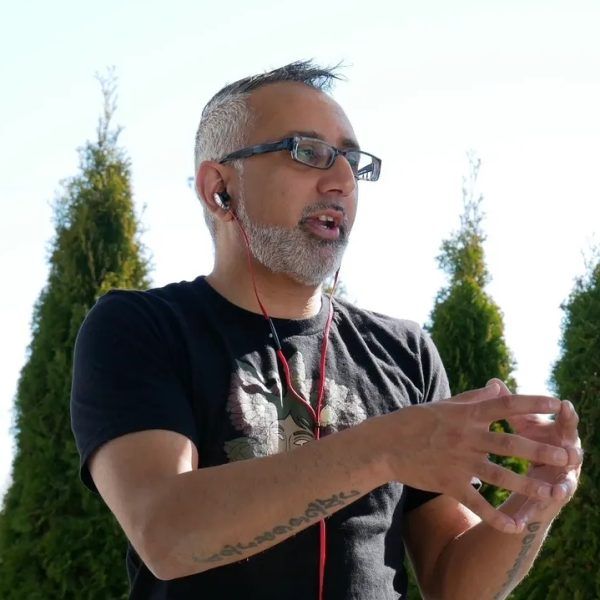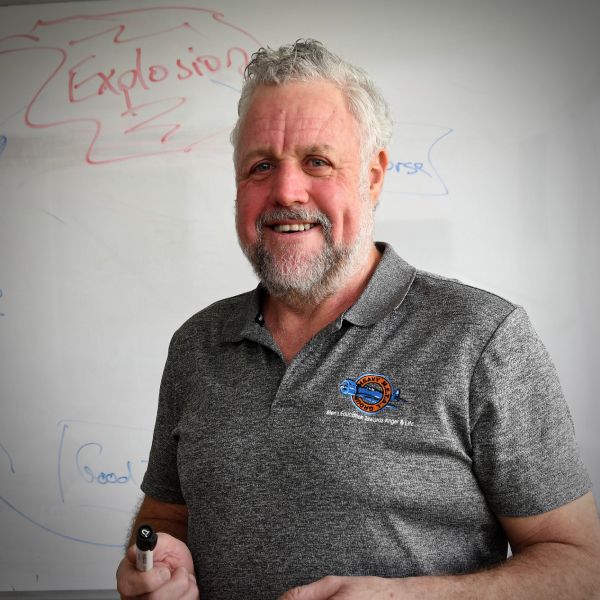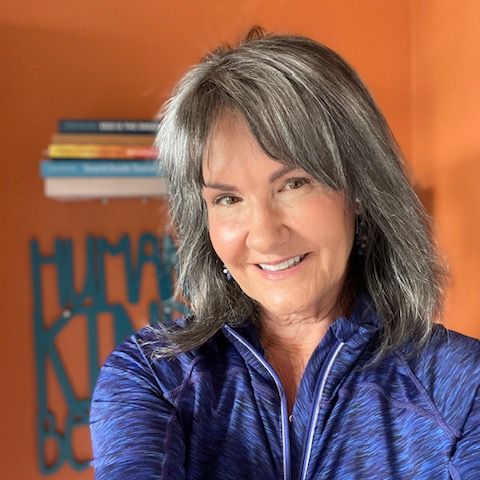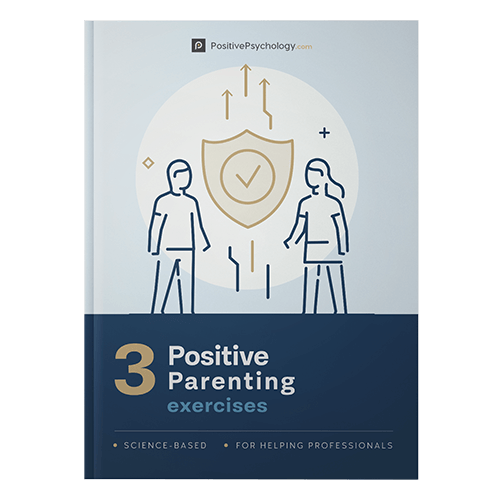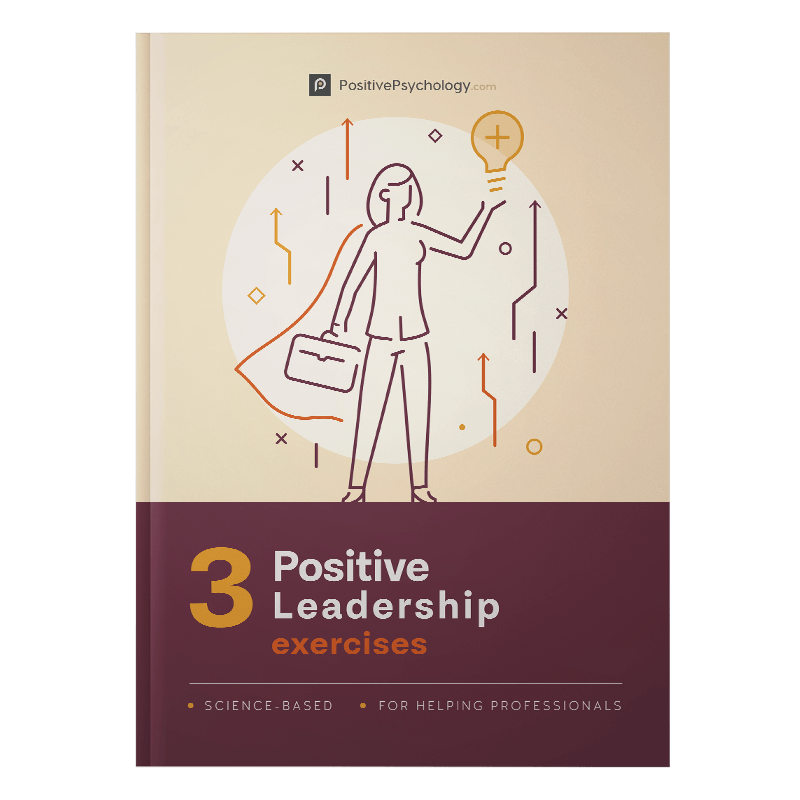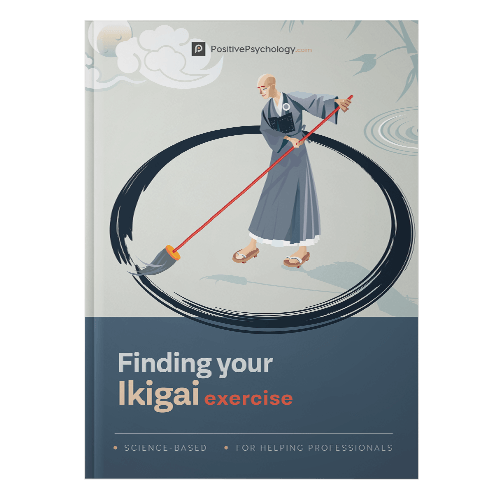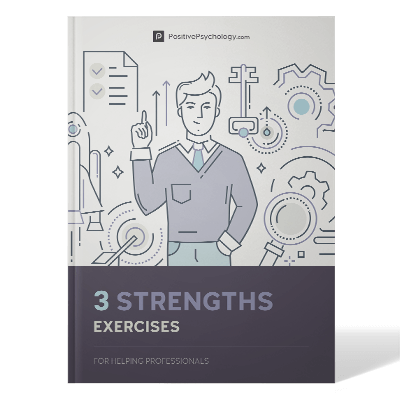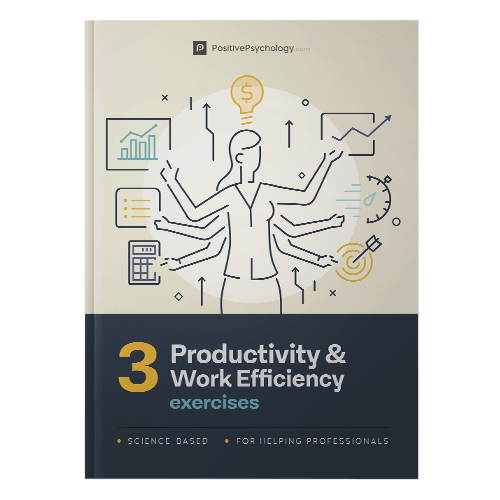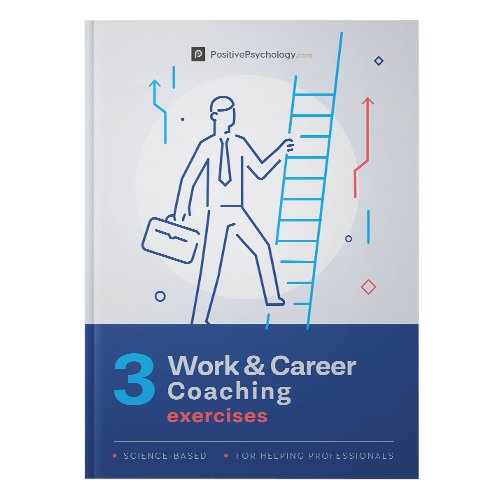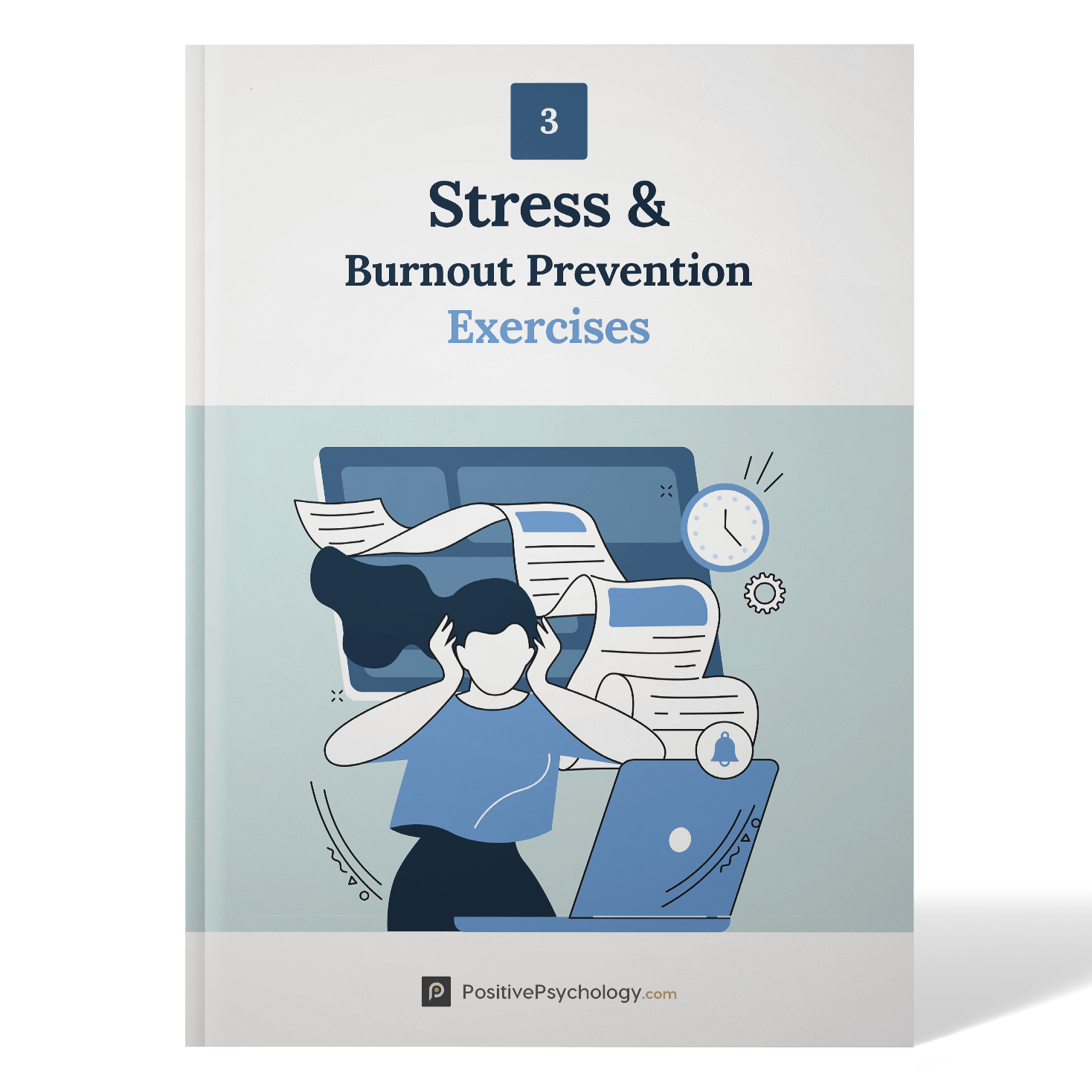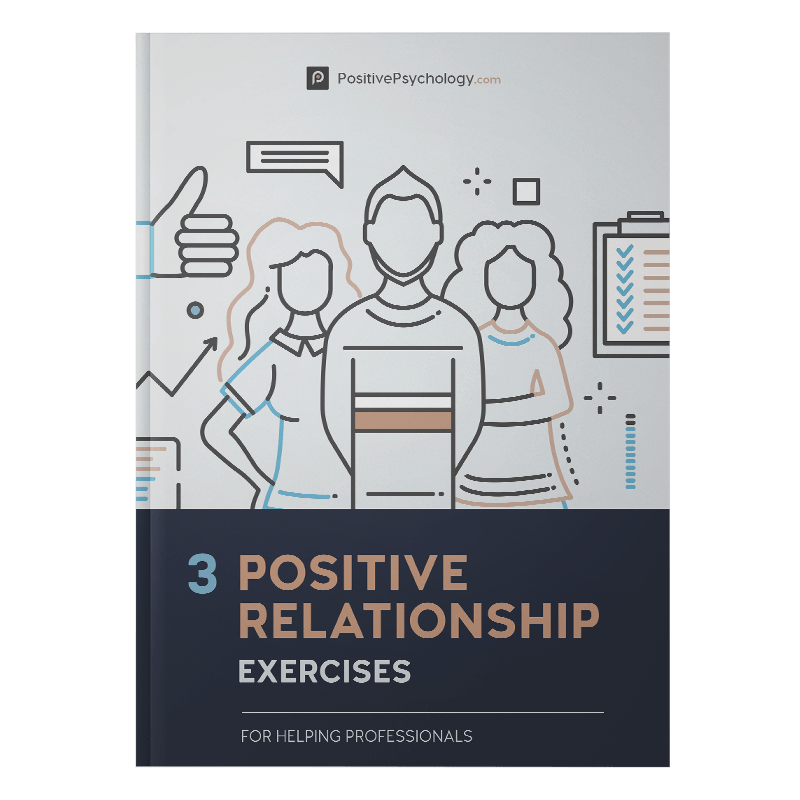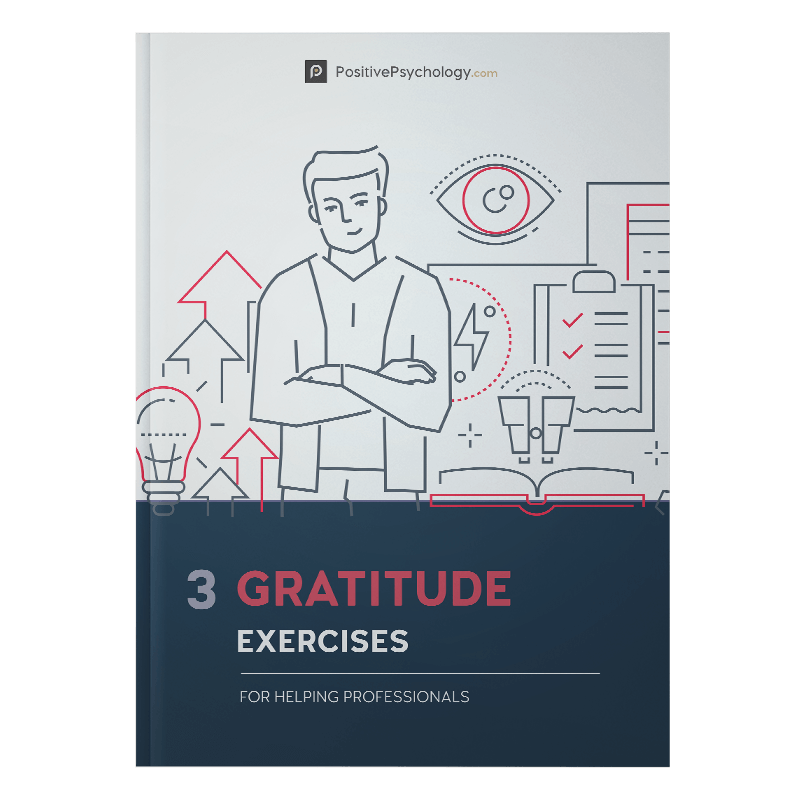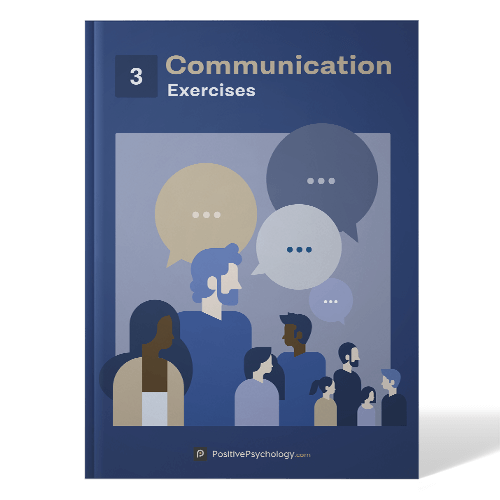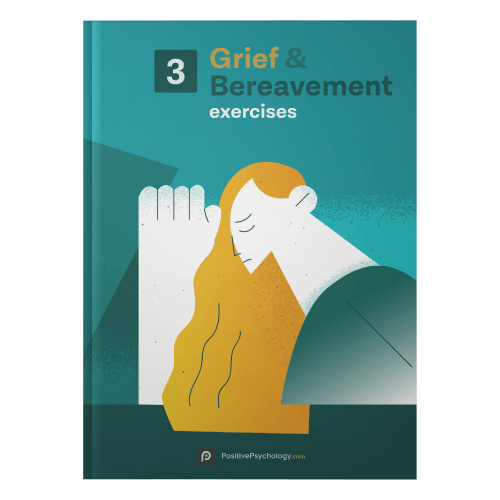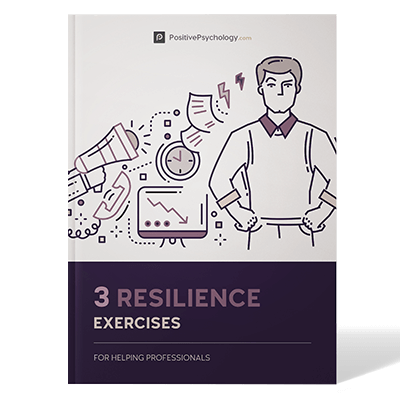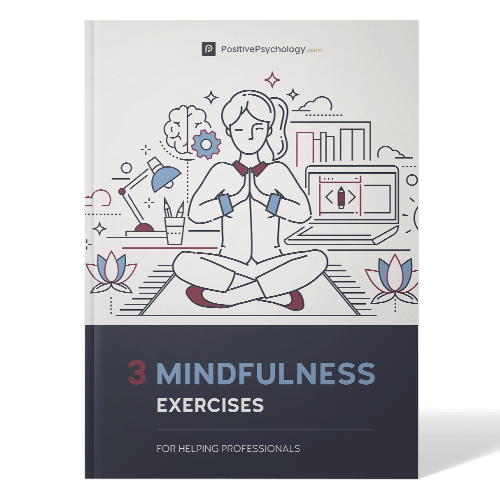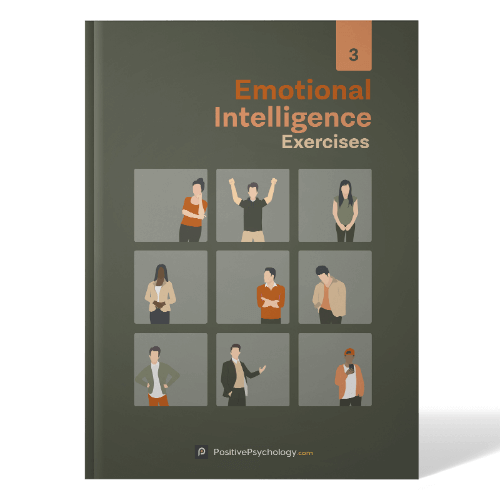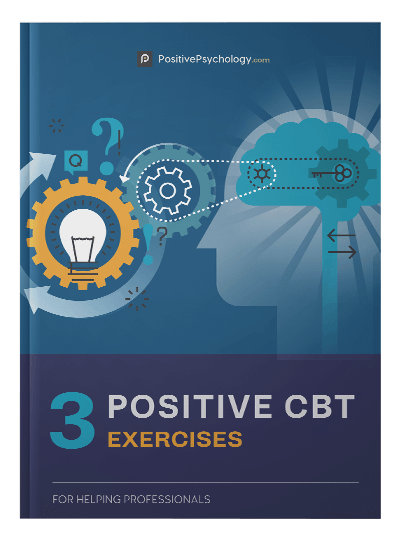Away From Pain and Struggle
In the addiction treatment center, Adam’s work primarily involved applying traditional therapeutic practices. Although they were effective, he noticed that the conventional, problem-focused model had its shortcomings.
Specifically, he didn’t completely relate to some of the messages that his tools were conveying:
“I was noticing that people were really looking for different kinds of tools, specifically tools that didn’t tell them things like they’re defective or that there’s a problem with them.”
He also felt that the conventional interventions used in the treatment center only helped his clients up to a certain point in their journeys:
“I’m not saying, ‘Don’t go back, look at someone’s past, and try to identify trauma.’ All of that is incredibly beneficial. But there’s only so much you can do with that information.”
Feeling like he had “run out of tools,” Adam began looking for more solution-focused resources to help his clients move forward and thrive. He started a positive psychology certification course and discovered PositivePsychology.com:
“It was so different from any kind of addiction treatment stuff I had been taught. […] It was such a different feeling with clients. It was so much more optimistic, loving. and compassionate. I realized that as a clinician, this was absolutely the direction I wanted to go in, professionally and personally.”
Now, much of his practice is based on helping clients understand the nuances of optimism, shame, strengths, weaknesses, and other important positive psychology concepts. His daily work is also his passion: helping others come unstuck from limiting beliefs and move toward flourishing and wellbeing.
Toward a Healthier Self-Relationship
The idea of using positive psychology theories such as compassion, empathy, happiness, and integrity to support clients overcoming addiction was completely new to Adam at first. But he quickly saw “transformative” potential in even very simple mindfulness tools from the Positive Psychology Toolkit©:
“The idea that they could just stop, be present, and be happy with where they’re at and what they can see — that’s a remarkable shift in and of itself.”
Adam also uses positive psychology tools to help clients develop new relationships with their shame and guilt, which can be major obstacles to changing their behavior:
“That also helps people see that they are not the end result of their behaviors. Many of the skills and tools that PositivePsychology.com has created assist with this process, which is a radical transformation for people to be able to make in their lives.”
The more he helps his clients reframe feelings of guilt and shame, the easier it is for them to cultivate new, healthier relationships with themselves, Adam has noticed. He feels his new tools have helped him highlight the importance of negative, as well as positive feelings, and uses tools to illustrate that “shame and guilt actually mean that you care; otherwise, you wouldn’t feel so bad about what you’ve done.
“If you can identify that you actually care deeply about what you’ve done and about the consequences that you caused — that there’s goodness inside of you — that’s transformation.”
Adam’s positive psychology approaches also play a fundamental role in his relationship coaching work, where he believes the main relationship we have is with ourselves.
By guiding his clients to relate to their inner critic in a healthier way, he helps them gain even more from his sessions: “When a client can understand more of their relationship to that voice, they can start to really implement tools like PositivePsychology.com strategies.”
An example is the Wheel of Life, which allows Adam and his clients to explore their focus areas. He uses the Strengths Wheel, another favorite, to help them create plans to increase their strengths usage.
“I See Paths Moving Forward”
Looking back at his initial introduction to positive psychology in the addiction treatment center, Adam is glad he took the leap of faith:
“I felt like I was helping people, and there was a clinical bond that was being formed. But I felt like I overly identified with the pain and the struggle. I believed that if I felt the pain and struggle as much as my clients were, I was being as [helpful] as I could.”
The shift away from an overly identifying clinical perspective has considerably changed Adam’s approach:
“It felt lighter using these tools and moving this direction. It felt more optimistic, more hopeful,” he recalls. “I am certain that these tools were helping me in my own thinking.”
The fact that he’s grown his client base is a very welcome bonus.
Now, Adam doesn’t just help people move away from addiction; he also helps clients who want to work on their internal voices. He’s become a go-to practitioner for people who want “to learn how to engineer a life of wellbeing.”
Adam has learned so many positive psychology skills and tools over the years that he has recently authored a book. Be Your Advocate: Learn to Accept the Experience of Addiction as a Path to Uncover Your Potential is one way he’s giving back to the field that has given him so much.

